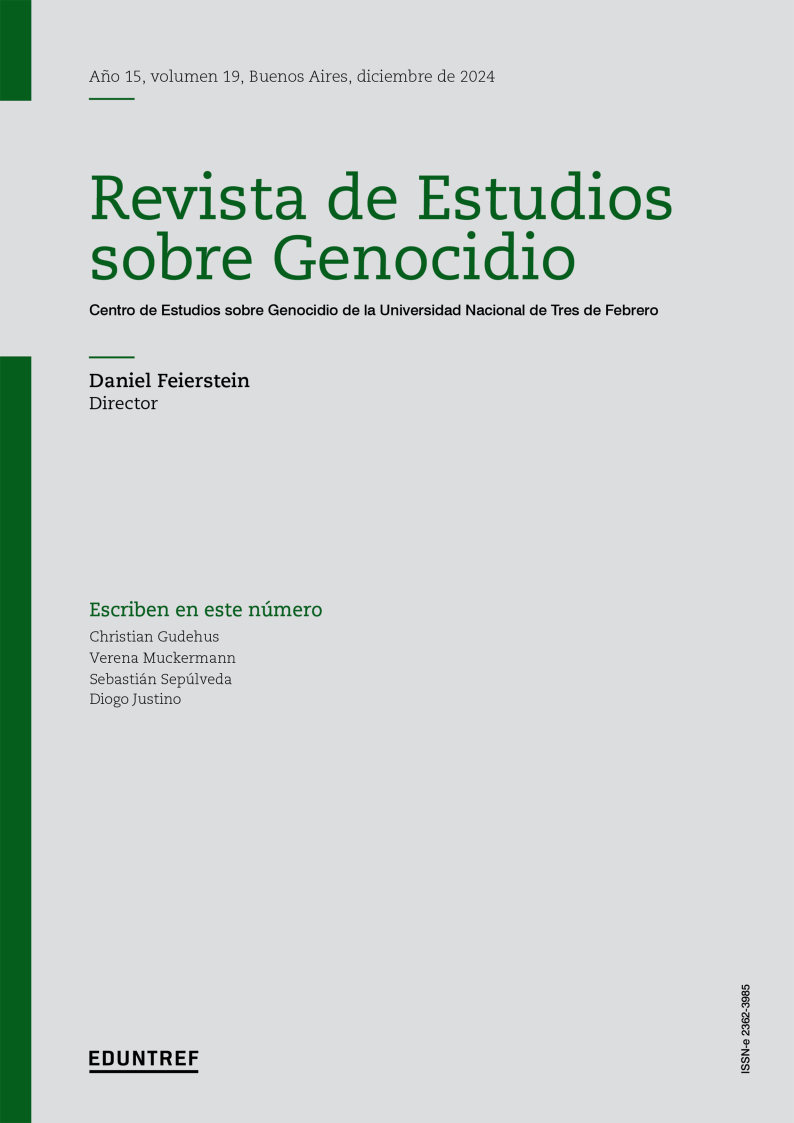Abstract
This paper explores the potential of a praxeological approach to the study of collective violence. Consequently, violence is neither to be understood as a function of specific historical constellations or as a result of individual deformation nor as a consequence of social dynamics. Instead, it is of interest to compare cultures along the dimensions of time and space concerned with the generation, existence, appropriation, and perhaps the opting out from—or of—practices.

This work is licensed under a Creative Commons Attribution-NonCommercial 4.0 International License.


